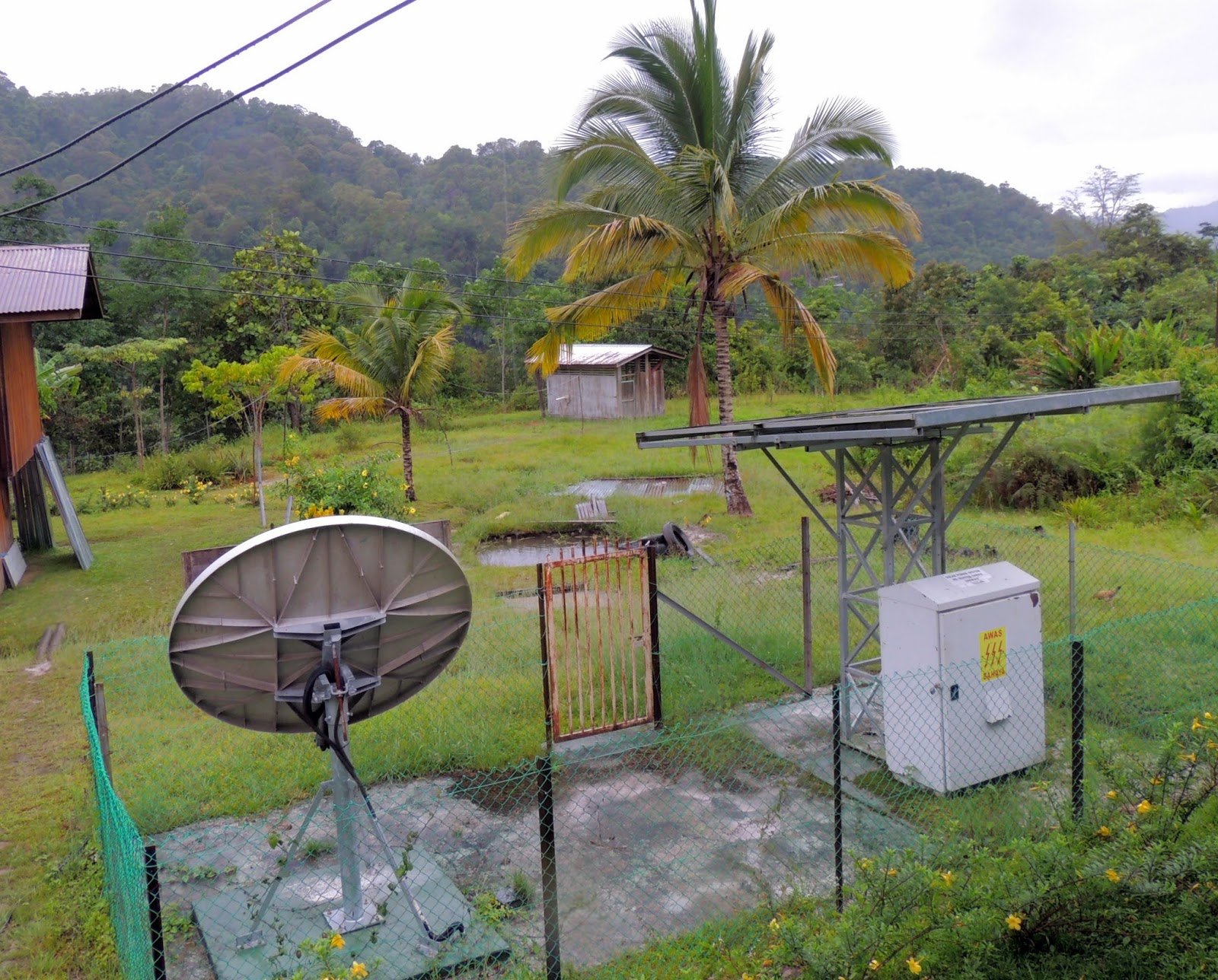
Symposium: UC Berkeley, April 10 – 12, 2014
Flying out to San Francisco, the hills look like waves of mountains, rolling toward inland California farms. Situated within this amazing landscape is one of the world’s most innovative communities working on inclusive and sustainable energy. Numerous universities, start- up entrepreneurs, financiers, technology companies and consultancies address distributed and affordable energy markets in myriad countries. In less than two weeks, prominent researchers and scholars in this field will arrive in the Bay Area, and spend two days discussing pressing issues in expanding energy access: policy, finance, implementation, technology innovation, and more.
On April 10th, MicroEnergy Systems (MES) and the Berkeley Rural Energy Group (BREG) will be holding the first joint MES/BREG symposium on Innovation in Energy Access for Remote Areas. Hosted by Prof. Dan Kammen (Renewable and Appropriate Energy Lab) and Prof. Martina Schäfer (Technische Universität Berlin), BREG and MES have invited over 50 Presenters, academics and practitioners, from around the globe to focus on the special theme of ‘discovering untapped resources’. Select papers will be published in the journal Environmental Research Letters, and will also be considered by Springer Press for addition to a special edition book. The local Bay Area Energy Access community, notably through networking organizations such as Energy Access SF, are invited to register their attendance and represent their organizations. For Day 3 of the symposium, attendees are also encouraged to book their ticket for an optional day of exploration and networking. A driving tour will take you across three bridges of the San Fransisco Bay, including a guided visit to the California Academy of Sciences and an outdoor picnic in a Golden Gate Park museum courtyard. RSVP only (to Dimitry Gershenson (d.gersh@berkeley.edu), limited tickets available (cost: $60/person or less depending on demand.)
April 10th and 11th
Support this good event by registering at: http://www.microenergysystems.tu-berlin.de/conference/registration/ (Please Register by April 2nd).